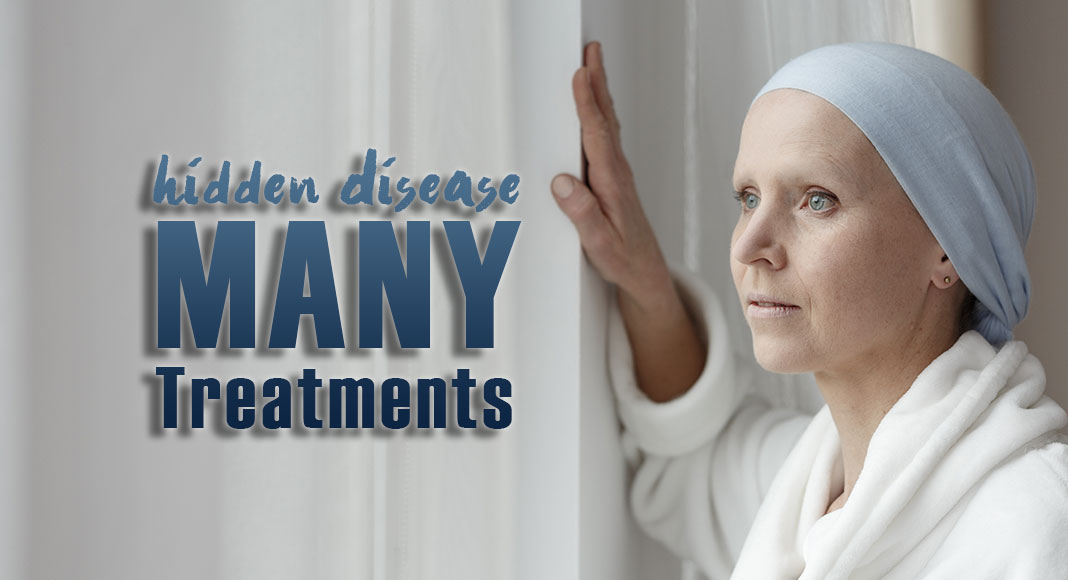
Mega Doctor News
By Hackensack Meridian Health (Mountainside Medical Center)
Newswise — MONTCLAIR, New Jersey (September 7, 2021) – When most people think about cancer, they tend to think of lumps and bumps, something visible they can see and touch. But with blood cancers, there are no immediate visible signs, just the effects of the cancer in the blood system. It may only be identified after a patient visits their doctor and describes symptoms like:
- Fatigue
- Pain and soreness
- Swelling
- Loss of function of an infected organ
“There are three main blood cancer types, each with its own variation: leukemia, lymphoma and multiple myeloma,” says John Conti, M.D., co-medical director of the cancer program at Hackensack Meridian Mountainside Medical Center. “These cancers usually start in a person’s bone marrow, which is where our red blood cells, white blood cells and platelets are formed,” says Dr. Conti.
When someone visits their doctor with the above symptoms, the doctor will often order a biopsy of the affected tissue or a bone marrow exam. The doctor may also order a PET/CT scan or a blood test to determine the stage of the cancer.
Unlike most solid tumors, blood cancers are very treatable with drugs and other substances, without the need for surgery, and in many cases, radiation. With the identification of the type of cancer, the physician may order:
- Chemotherapy (treatment by chemical substance)
- Immunotherapy (treatment by substances that create an immune response against the cancer)
- Targeted therapy (using drugs to directly attack the cancer cells)
“Blood cancers are one of the first types of malignancies for which a cure was possible,” says Dr. Conti. “Although not all blood cancers are curable, almost all are treatable and many can go into remission for long periods of time.” The future continues to improve because numerous new drugs have been discovered over the past decade for this group of cancers. The landscape for treatment has never looked more promising than it does right now,” says Dr. Conti.
Patients at Mountainside Medical Center can receive quality cancer care close to home. A multi-disciplinary team, including board-certified oncologists, oncology-experienced registered nurses, a nurse navigator and pharmacists educate and coordinate a personalized care plan for each patient. Patients have access to additional resources including registered dietitians, licensed clinical social workers and spiritual support and guidance.
Through the hospital’s affiliation with John Theurer Cancer Center, our community has access to oncology sub-specialists, research and a variety of clinical trials.
September is Blood Cancer Awareness Month. Join Dr. Conti on Facebook on Monday, September 27, 2:30 p.m. as he answers common questions about blood cancers. Dr. Conti will take questions from the audience, or you may submit your questions in advance. Visit facebook.com/Mountainsidemedicalcenter for more.











